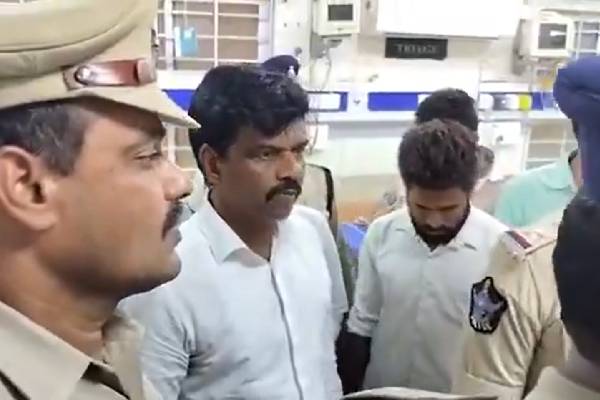— By Rahul Reddy and Emily Neumann, Attorneys at Law
(After Telugu360 reported the incident of a student being deported from ORD airport for misrepresenting his work experience, here is a blog from Rahul Reddy and Emily Neumann about protection that is available to foreign nationals in these instances)
The Indian community is reeling after learning of the refused entry into the United States of a former F-1 student turned H-1B visa holder at Chicago-O’Hare International Airport. The individual appeared to be inadmissible after a search of his cell phone revealed multiple versions of resumes detailing different work experience. The Immigration and Nationality Act (INA) sets forth a list of circumstances which would make a visa holder ineligible to be admitted into the United States. These range from health-related grounds, to criminal grounds, national security, financial, previous immigration violations, and in this case, issuance of a visa that is not in compliance.
[pullquote position=”left”] Travelers into the United States should be aware that any item they carry into the country can be searched without a warrant if there is any question that a ground for inadmissibility may exist. [/pullquote]Individuals seeking entry into the United States are inspected at Ports of Entry by U.S. Customs and Border Protection (CBP) officers who determine their admissibility. A CBP officer at the port of entry decides whether to admit non-immigrants into the United States. The facts and circumstances presented at the time you apply to enter are the basis of this decision.
Under the authority granted by the INA, a CBP officer may question, under oath, any person coming into the United States to determine his or her admissibility. In addition, an inspector has authority to search without warrant the person and effects of any person seeking admission, when there is reason to believe that grounds of exclusion exist which would be disclosed by such search.
[pullquote position=”left”] This kind of monitoring would likely be unconstitutional if carried out against U.S. citizens. However, foreign nationals do not enjoy the same protection.[/pullquote]Upon arrival at the airport on a flight from New Delhi, the individual presented his passport with an H-1B visa stamp valid for the next three years. He was referred to secondary inspection, which resulted in questioning under oath and search of the cell phone he was carrying. His sworn statement revealed that the officer found multiple versions of resumes purporting to show that the individual had years of experience with different U.S. employers. The individual admitted to submitting fake resumes to U.S. employers in an effort to secure work. Although he did not submit any of these resumes to USCIS to procure the H-1B petition approval, the officer found that the visa issued by the U.S. Consulate in Hyderabad was not in compliance with the INA, thus making him inadmissible. This further caused him to be subject to Expedited Removal, a form of deportation which happens immediately and without going before an immigration judge. The long-term consequence of Expedited Removal is the possible enforcement of a five-year ban from entering the United States.
The saving grace for this individual was the officer’s proposal that the individual could instead request to withdraw his application for admission and return to India. This resulted in the visa stamp being cancelled, but would not trigger the five-year ban. The individual will have the opportunity to apply for a new visa, but must be able to satisfy the consular officer that he qualifies.
There are a few takeaways that can be gleaned from this unfortunate event.
- First, travelers into the United States should be aware that any item they carry into the country can be searched without a warrant if there is any question that a ground for inadmissibility may exist. Cell phones, laptops, and documents can be accessed as part of the admissions process. Food items can be scrutinized. Cash can be questioned.
- Second, anyone in this day and age should be cognizant of the information posted online, especially on social media sites like Facebook, and job boards, such as LinkedIn.
- Third, The U.S.’s National Security Agency monitors communications between the US and foreign nationals over the internet. This can include everything from email, to chat, videos, photos, stored data, file transfers, and logins. Although this kind of monitoring would likely be unconstitutional if carried out against U.S. citizens, foreign nationals do not enjoy the same protection.
Attorneys Rahul Reddy and Emily Neumann are partners at Reddy & Neumann, P.C., an immigration law firm in Houston, Texas representing corporate clients across the United States in their efforts to bring foreign workers and business professionals to the United States. Reddy & Neumann, P.C. is dedicated in its advocacy and community involvement efforts towards educating foreign nationals on immigration law and policy and achieving effective comprehensive immigration policy reform.


































